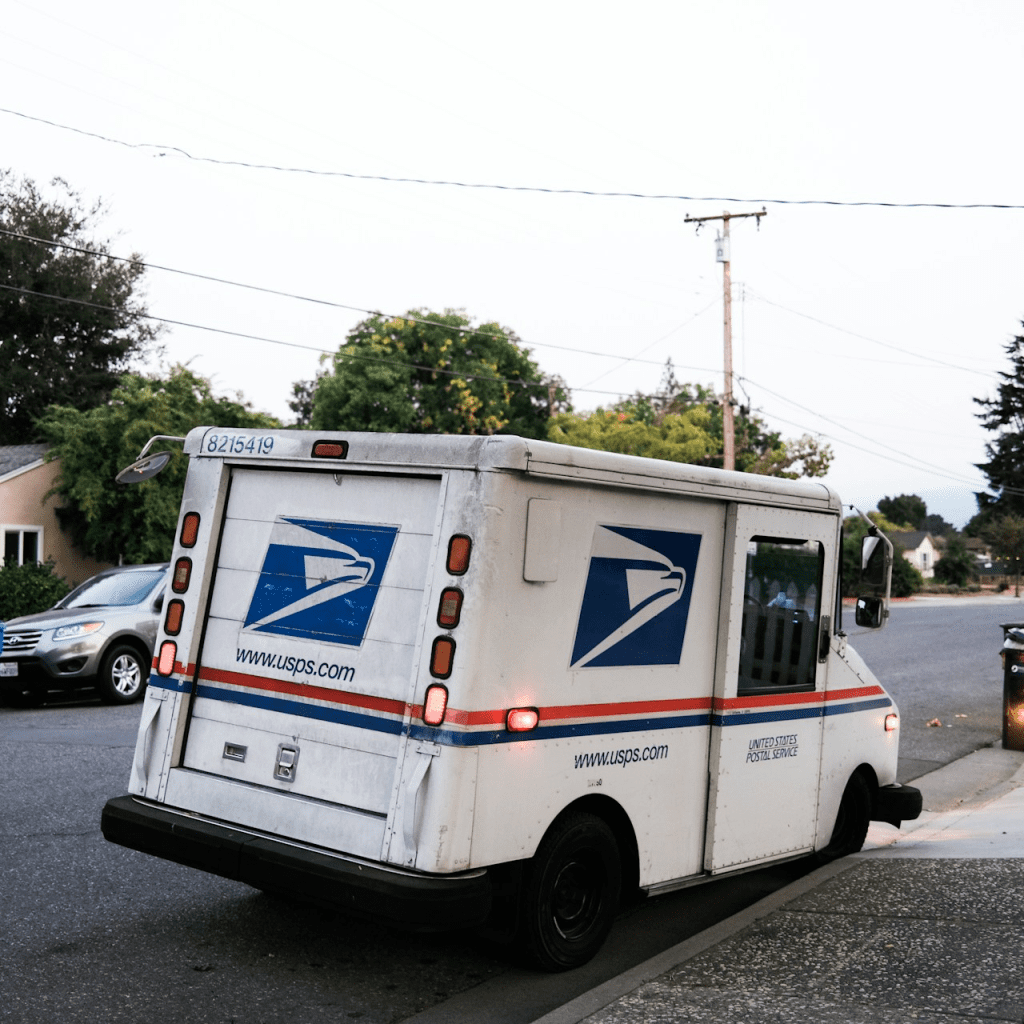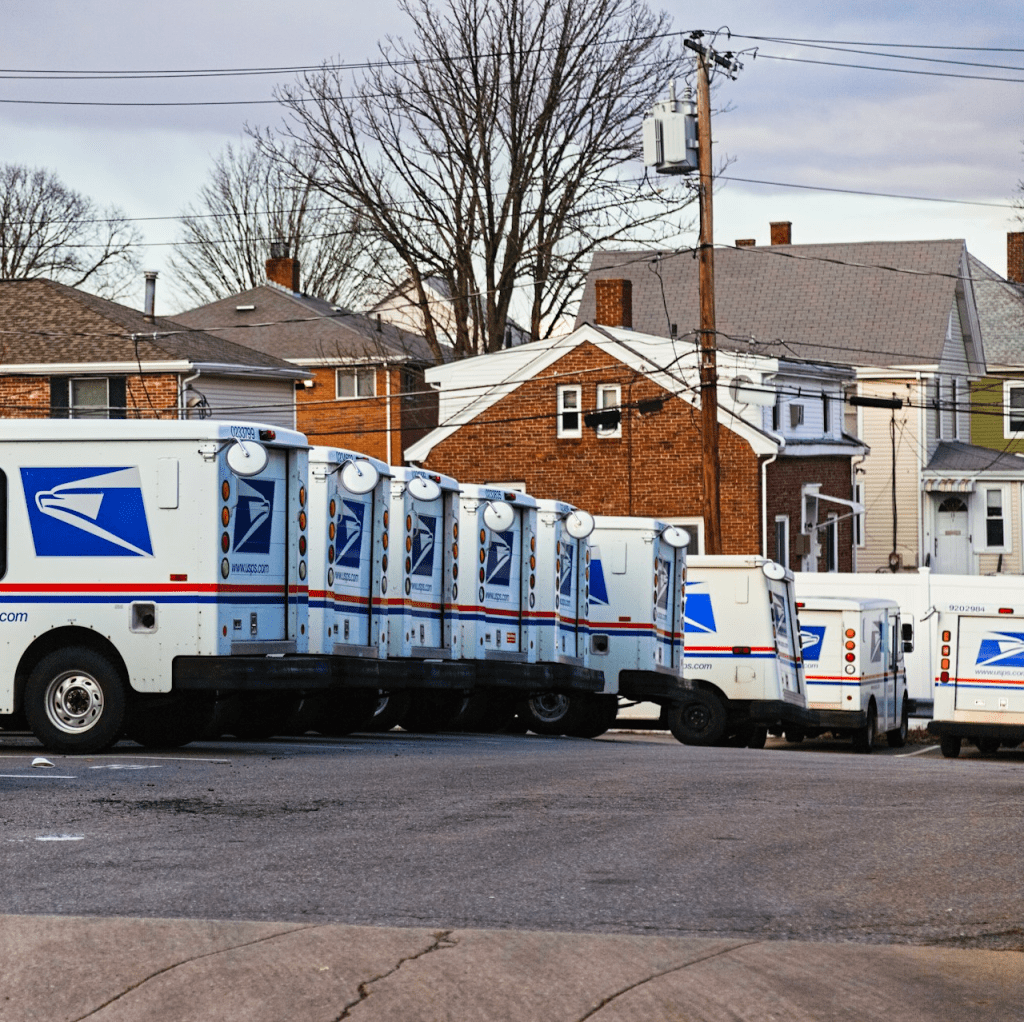Caring for Medicare Beneficiaries: Comprehensive Resources for Caregivers

Key Takeaways
Medicare caregivers play an essential role in supporting
Exploring Medicare Advantage’s Role in Chronic Disease Management Programs and Services

Key Takeaways
Medicare Advantage plans play a critical role in managing chronic diseases through comprehensive care coordination, disease management programs, and access to specialized services.These plans often provide additional benefits and reso…
Eye Health and Medicare: What’s Covered?

Key Takeaways
Medicare offers varying levels of coverage for eye health, with spec…
PSHB in 2024: Eligibility Rules and How to Meet Them

Key Takeaways
Understanding the eligibility criteria for PSHB in 2024 is essential for USPS employees and retirees to ensure they meet the requirements and can benefit from the health coverage options available.Meeting the eligibility requirements …
The True Cost of Medigap: Insights into Premiums and Additional Expenses

Key Takeaways
Understanding the true cost of Medigap involves analyzing premiums, deductibles, and out-of-pocket expenses to make in…
How Legislative Changes Affect PSHB Enrollment: An Analysis

Key Takeaways
Recent legislative changes, including the Postal Service Reform Act, significantly impact PSHB enrollment pr…
Comparing USPS Health Plans: A Brief Comparison of Coverage, Costs, and Provider Networks

Key Takeaways
Comparing various USPS health plans involves understanding differences in coverage, costs, and provider networks to make informed decisions that best meet individual healthcare needs.
What You Need to Know About Medicare Part A and Skilled Nursing Facility Coverage

Key Takeaways
Medicare Part A covers skilled nursing facility care for up to 100 days per benefit period, with specific eligibility requirements and…
Postal Service Retiree Health Benefits: What You Need to Know

Key Takeaways
USPS retirees receive health benefits through the Federal Employees Health Benefits (FEHB) program, which offers a variety of …